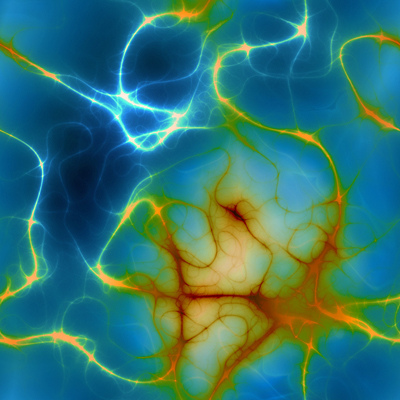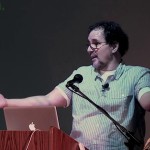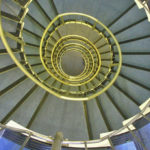We run our website the way we wished the whole internet worked: we provide high quality original content with no ads. We are funded solely by your direct support. Please consider supporting this project.

Does Analytic Thinking Make You Less Religious?
Andrew Aghapour wrote an article that was posted in Religion Dispatches questioning the findings of studies that concluded that analytical thinking negatively affects religious belief. In the article, Does Analytic Thinking Erodes Religious Belief? Aghapour argues that there are flaws in the studies and that the biggest culprit was the most likely the population used for the studies. It’s a good reminder that we need to be using our analytic brains when we encounter claims like these.
From the article:
Like the zombies that populate our screens, Americans have an immense appetite for brains. Most of the above stories come from just the past month, and they are only a small sample of neuroscience’s prominent circulation in the news cycle. Neuroscience can tell us who we are, how we can improve ourselves, and why other people act in the strange ways that they do. In an increasingly complex world, brains seem to somehow point back to the one thing that all humans have in common.
Perhaps because of the high demand for news about the brain, media coverage of neuroscience is notoriously sketchy. In a recent article in the journal Neuron, the authors lament the ways that popular neuroscience is used to artificially “underline differences between categories of people in ways that [are] symbolically layered and socially loaded.” In other words, research about the brain is often stretched and extended to support existing stereotypes about race, sex, class, and religion. Neuroscience is new enough, and our desire for brain facts is strong enough, that dubious claims about brain types circulate widely.
Image by Patrick Hoesly. Sourced via Flickr.
Related Reading

The Warfare Worldview
The Warfare Worldview from Roberta Winter Institute on Vimeo. Here’s a video presentation that Greg did at the Roberta Winter Institute regarding the Warfare Worldview. Enjoy!

Podcast: What Are Your Thoughts on DNA Modification?
Greg discusses the benefits and risks of DNA modification. http://traffic.libsyn.com/askgregboyd/Episode_0229.mp3

Lighten Up: Believing in Believing
OK, we don’t really think this is the difference between theology and philosophy, but how does this guy not get that not believing in believing is, itself, a belief?

Believing Is Not Enough
One of the core elements of evangelical church life is the conversion experience. From old-time revivals, to seeker-sensitive church services, to post-modern outreach strategies, evangelicals have placed a very high emphasis on the point of conversion. This practice is based on a theological perspective; it’s not just a tactic to get people in the church.…

Does Science Kill Faith? (podcast)
Greg talks about science and faith in this deep and profound episode that expands, then devolves, into a strange strange dance. Episode 538 http://traffic.libsyn.com/askgregboyd/Episode_0538.mp3

A Rational Defense of Belief in God
The New York Times recently posted a review of Alvin Plantinga’s book, Where the Conflict Really Lies: Science, Religion, and Naturalism. In it, Plantinga argues on philosophical grounds that, among other things, theism is not in conflict with science, that a belief in naturalism along with evolution is contradictory, and that “Faith…is another basic way of forming beliefs, distinct…
